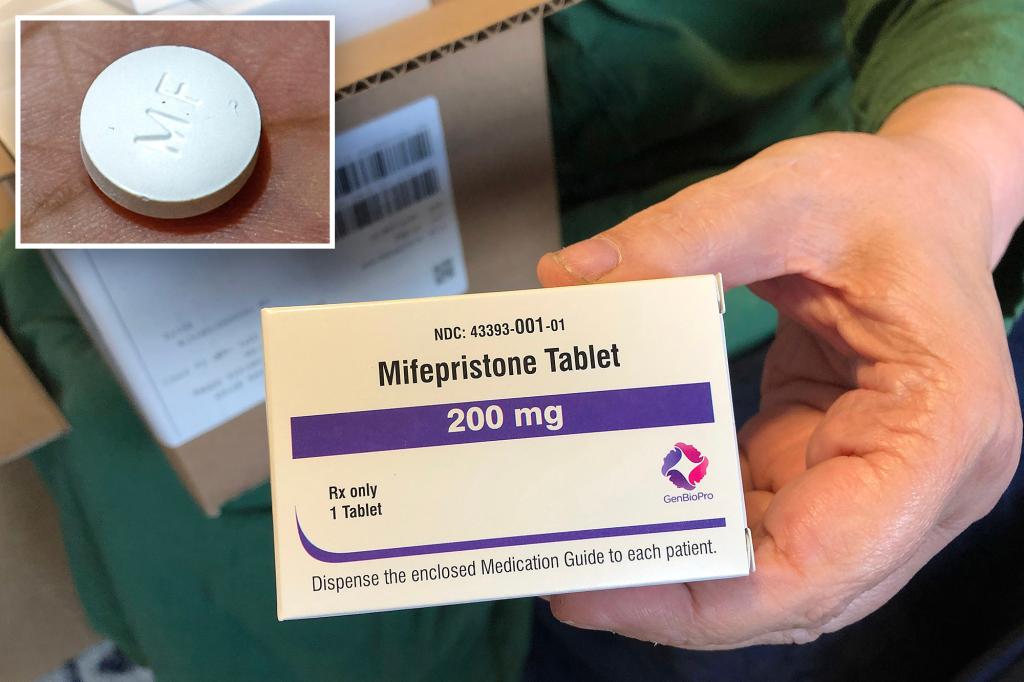The indictment of a New York doctor for allegedly prescribing abortion pills online to a minor in Louisiana has ignited a legal and political firestorm, raising crucial questions about interstate jurisdiction, abortion rights, and the evolving landscape of reproductive healthcare in a post-Roe America. Dr. Margaret Carpenter, her company Nightingale Medical, PC, and the minor’s mother were indicted by a Louisiana grand jury on charges of criminal abortion by means of abortion-inducing drugs. This case marks a significant milestone, potentially the first instance of criminal charges against a physician for providing abortion medication across state lines since the overturning of Roe v. Wade. The incident unfolded when the Louisiana mother sought abortion medication online from Dr. Carpenter for her daughter. Allegedly, the request was facilitated through a questionnaire, without a direct consultation with the minor. The pills were subsequently mailed to the mother, who instructed her daughter to take them. The daughter experienced a medical emergency after taking the medication and required hospitalization. This incident triggered an investigation that led to the indictment.
The case has quickly escalated into a jurisdictional dispute between Louisiana and New York. Louisiana District Attorney Tony Clayton asserts that Dr. Carpenter should be held accountable in Louisiana, while New York Governor Kathy Hochul has vowed to protect the doctor from extradition, invoking New York’s shield laws designed to safeguard healthcare providers offering telehealth abortion services to patients in states with restrictive abortion laws. This inter-state clash sets the stage for a potential legal battle that could have far-reaching implications for the accessibility of abortion medication across state lines. The legal and political battle lines are sharply drawn, with abortion opponents praising the indictment as upholding the sanctity of life, while reproductive rights advocates decry it as an attack on women’s healthcare access.
The Louisiana indictment also highlights the growing significance of medication abortion in the United States. With surgical abortions becoming increasingly restricted in many states, abortion pills have emerged as the predominant method for terminating pregnancies. This shift has placed medication abortion at the center of legal and political battles, with both sides fiercely contesting its legality and accessibility. The Louisiana case exemplifies this trend, showcasing the potential for legal challenges and interstate conflicts surrounding medication abortion. Adding another layer of complexity, Louisiana recently classified both mifepristone and misoprostol, the two drugs commonly used in medication abortion, as controlled dangerous substances. While the drugs remain legal with a prescription, this classification adds further regulatory hurdles for medical professionals seeking to provide them.
This indictment arrives against the backdrop of a rapidly changing legal and political landscape for abortion access in the United States. The overturning of Roe v. Wade has empowered states to enact a spectrum of abortion restrictions, from near-total bans to limitations on gestational age. This has created a fragmented system where access to abortion varies significantly depending on location, leading to concerns about health equity and the potential for legal repercussions for those seeking or providing abortion care across state lines. The Louisiana case underscores the legal uncertainties and challenges faced by both patients and providers in navigating this new legal landscape.
The indictment’s repercussions extend beyond the immediate legal proceedings. It has the potential to embolden anti-abortion groups in other states to pursue similar legal strategies, creating a chilling effect on the provision of telehealth abortion services. Conversely, it could also strengthen the resolve of reproductive rights advocates to challenge these restrictions and protect access to abortion care. The case is poised to serve as a test case for the effectiveness of state shield laws and may prompt further legislative action at both the state and federal levels to either restrict or expand access to medication abortion. The outcome of this case could significantly impact the future of abortion access in the United States, influencing how other states approach the regulation of medication abortion and interstate provision of abortion services.
Looking ahead, this case will likely be closely watched by legal scholars, policymakers, and advocates on both sides of the abortion debate. The legal arguments presented, the court’s decision, and the subsequent legislative responses will shape the future of abortion access in a country grappling with the implications of a post-Roe reality. The Louisiana case highlights the ongoing struggle between states asserting control over healthcare within their borders and the efforts to ensure access to essential reproductive healthcare services across state lines through telehealth. This complex interplay of legal, political, and ethical considerations will continue to define the landscape of abortion access in the years to come.

